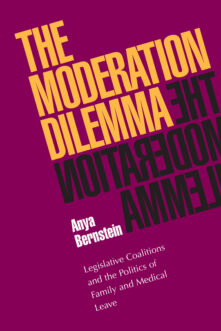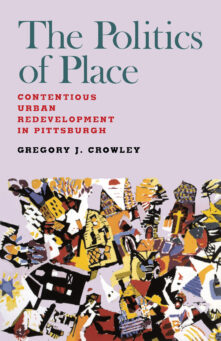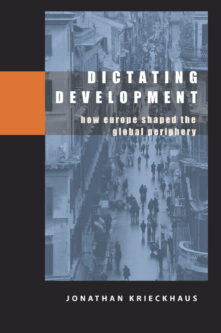Books

The Politics Of Democratization In Korea
The Role of Civil Society

The Moderation Dilemma
Legislative Coalitions and the Politics of Family and Medical Leave

Protest, Policy, and the Problem of Violence against Women
A Cross-National Comparison

Leadership At The Apex
Politicians and Administrators in Western Local Governments

The U.S. Experiment in Social Medicine
The Community Health Center Program, 1965–1986

The Limits Of Protectionism
Building Coalitions for Free Trade

Becoming Europe
Immigration Integration And The Welfare State

Opposing Currents
The Politics of Water and Gender in Latin America

The Cuban Embargo
The Domestic Politics of an American Foreign Policy

The Politics of Place
Contentious Urban Redevlopment in Pittsburgh

Dictating Development
How Europe Shaped the Global Periphery
Total 72 results found.





